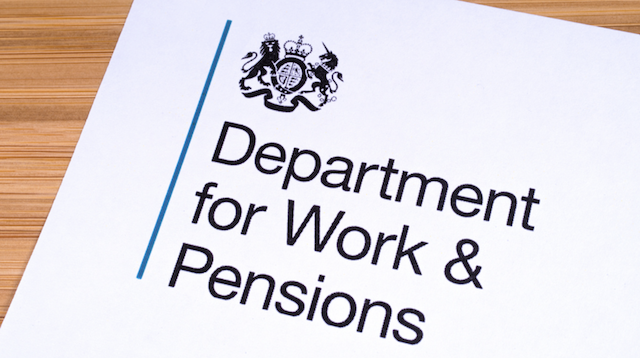The UK government has revealed a sweeping reform of disability benefits, aiming to reduce welfare spending by £5 billion annually by the decade’s end. These changes will significantly impact Personal Independence Payment (PIP) and other related benefits, as the government shifts its focus toward encouraging employment among disabled individuals while ensuring financial aid remains available to those with the greatest needs.
Key Changes to Disability Benefits
Stricter PIP Eligibility Criteria
Starting in November 2026, applicants for PIP will need to meet a minimum score requirement of four points in at least one daily living activity to qualify for the daily living component. This adjustment is designed to ensure that financial support is directed toward those with more severe disabilities.
Removal of Health-Related Top-Ups for Under-22s
The government is also proposing the elimination of health-related Universal Credit top-ups for most individuals under the age of 22. This move is intended to encourage younger claimants to enter employment or vocational training, rather than relying solely on financial assistance.
“Right to Try” Work Initiative
A new scheme will be introduced, allowing disabled individuals to explore employment opportunities without the immediate risk of losing their benefits. The initiative aims to remove employment barriers by offering a safety net for those seeking work.
Reinstatement of Mandatory Reassessments
The mandatory reassessment process will be reintroduced for those receiving incapacity benefits, except for claimants with severe or life-long disabilities. The government believes these assessments will ensure that welfare support is allocated appropriately and that individuals capable of working are given the necessary guidance to do so.
Government’s Justification for the Reforms
Work and Pensions Secretary Liz Kendall emphasized that the rising cost of disability benefits is financially unsustainable and could hinder long-term economic growth. She stated that these reforms are necessary to balance financial responsibility with social support, ensuring that resources are distributed fairly.
Criticism and Concerns
The proposed changes have sparked widespread criticism from disability advocacy groups, who argue that tougher eligibility rules and reduced financial aid could push vulnerable individuals further into financial hardship. According to reports, up to 1.2 million disabled people may lose significant financial support due to these reforms.
Next Steps and Implementation
The UK government plans to introduce these welfare reforms through primary legislation, with consultations and parliamentary debates expected before implementation. The first wave of changes will take effect in November 2026, with additional policies being gradually introduced in the following years.
Current and prospective PIP claimants are encouraged to review the new eligibility criteria and assess how these changes may impact their financial support. Further updates are expected as the government finalizes the details of these policy shifts.

